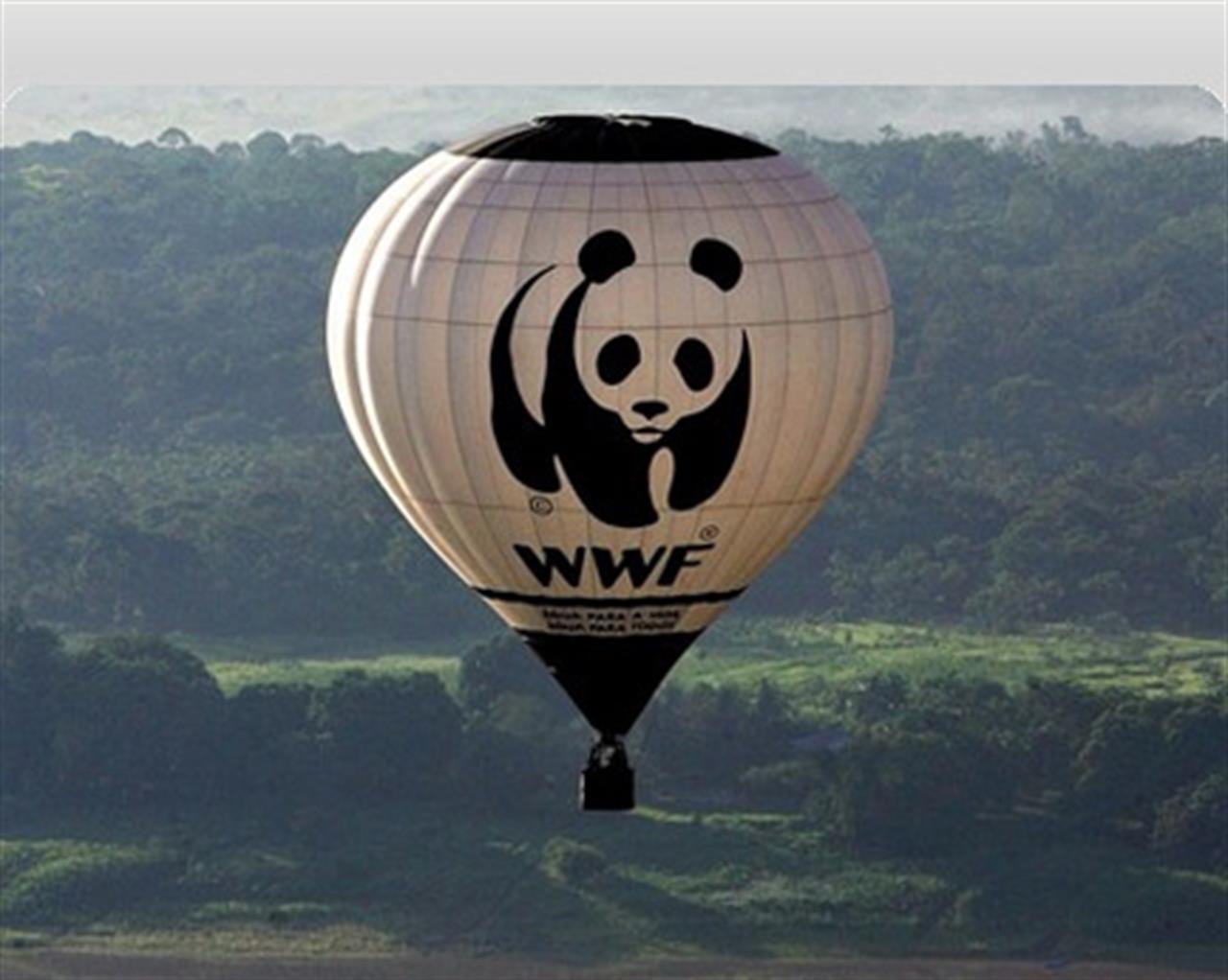Sostenibilità
WWF takes centre stage at world water week
The World Wildlife Fund takes the centre stage at world water week in Stockholm, an annual event co-ordinated by the Stockholm International Water Institute and the recognised venue for global water issues.

The theme of World Water Week this year, Progress and prospects on water for a clean and healthy world, focuses on the water related challenges that science, business, policy makers and civil society are having to face up to. The main challenge, said the WWF during its presentation of the report Water for Life at the symposium in Stockholm on August 21, being that: “Managers and stakeholders in freshwater systems need to stop talking about adaptation to climate change and start doing it”.
On Monday, during the opening session of World Water Week, WWF Director general, James Leape, had identified the world water crisis as a key factor behind current global anxieties over faltering food supplies and rising food costs “Irrigation-fed agriculture provides 45 per cent of the world’s food supplies, and without it, we could not feed our planet’s population of six billion people”. Today, the global conservation group presented a series of case studies from four continents showing that measures to improving the health of stressed water systems now would improve their ability to cope with projected climate impacts in the future.
“There are no regrets to many of the actions we can take now,” said WWF freshwater researcher Jamie Pittock. “We are talking about improving river management and restoring the flood holding and drought proofing services of flood plains and wetlands, all of which can be shown to have short term economic, social and environmental pay-offs. The fact that they help climate-proof our river basins now is an added benefit.”
Launching the new WWF report Water for life: Lessons for climate change adaptation from better management of rivers for people and nature, Mr Pittock said climate adaptation strategies that neglected freshwater systems were asking for trouble.
“Setting biofuel targets without considering where the water to grow biomass crops will come from is a recipe for a worsening water crisis in many regions and freshwater systems less able to cope with extreme weather events,” Mr Pittock said. “More dams for hydropower is a recipe for even more fragmented rivers that will inhibit freshwater species – the food for millions – adapting to climate impacts by migrating up or down river systems.”
Studies from the field
WWF field studies show that work already begun on opening up Danube River floodplains and wetlands and reconnecting lakes to the river is improving fishing and drinking water availability, bringing back birds and reducing vulnerability to floods.
“Restoration of the 37 sites that make up the Lower Danube Green Corridor is estimated to cost €183 million, compared to damages of €396 million from the 2005 flood and likely earnings of €85.6 million per year,” Mr Pittock said. “This is adaptation to climate impacts even if it is not planned or labeled as adaptation.”
“Our studies show that it is often a disaster that leads to the river restoration activities that will increase resilience to climate impacts,” Mr Pittock said. “It would make more sense to avoid or reduce the impact of disaster by restoring and strengthening our river systems now.
Toolkit for the future
WWF also released an overview on climate change adaptation for freshwater systems, as a guide to planners and managers. The author of the guide, Dr John Matthews, said “Uncertainty is no reason for not acting on climate change impacts on vital water systems. We are certain there will be significant impacts even if we can’t put as many decimal points on them as we would like to.”
WWF will spend the rest of the week in Stockholm outlining solutions to the water crisis grounded in its work with governments, business and communities world wide.
Find out more:
Vuoi accedere all'archivio di VITA?
Con un abbonamento annuale potrai sfogliare più di 50 numeri del nostro magazine, da gennaio 2020 ad oggi: ogni numero una storia sempre attuale. Oltre a tutti i contenuti extra come le newsletter tematiche, i podcast, le infografiche e gli approfondimenti.
